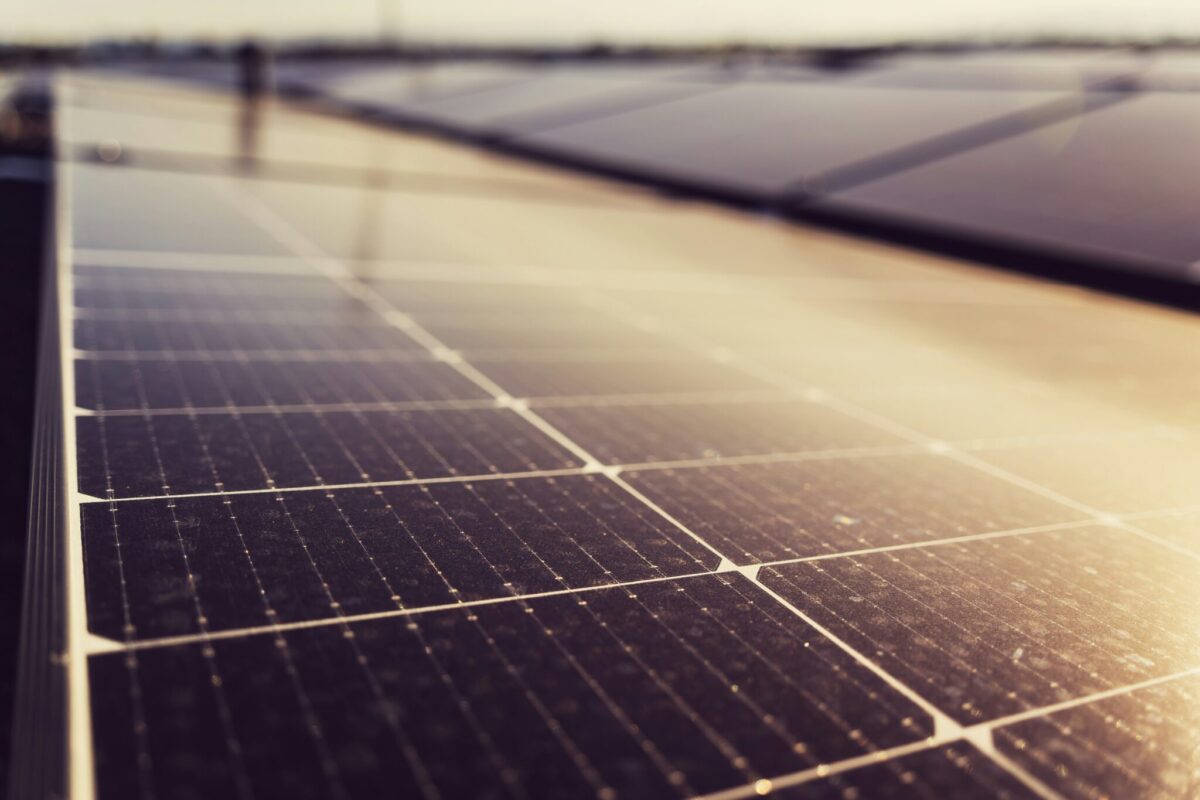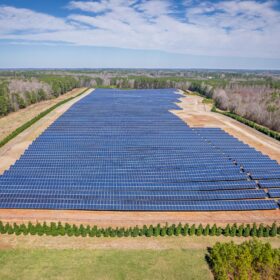New solar customers in Utah woke up last week to discover that not only had they lost full retail-rate net metering, but the state’s Public Service Commission (PSC) allowed utility Rocky Mountain Power (RMP) to impose a new $200 fee for the installation of the 15 minute-interval meters that will govern net metering’s successor program.
The commission said in its ruling that it had relied heavily on the word of the state’s Department of Public Utilities, which said RMP “has provided the parties with a reasonable explanation of the $200 cost associated with the 15 minute-interval meter” and it “does not consider the $200 meter flat-fee [to be] unreasonable.”
The PSC’s latest ruling comes after nearly two years of difficult negotiations between RMP and the solar industry on the future of net metering in the state finally came to an end in August.
Under the agreement, current net metering customers are grandfathered under current “export credit levels” (Utah’s way of describing net metering) until 2035, but full-rate reimbursement will end for new solar customers ended last week.
From now on, new customers and installers will receive credits at a lower-than-retail rate over a three-year period while a new plan based on a calculation of the value that solar provides to the grid is devised.
Also during the transition, the PSC will oversee a study that will be completed no later than 2020 to determine the value of solar that will inform the rate structure after the adjustment period.
Despite overwhelming support among solar advocates in the state, the August agreement wasn’t universally praised. Alan Naumann, a sales manager for Rocky Mountain Renewable Energy, wrote for The Salt Lake City Tribune and pv magazine that the agreement would slow down solar development instead of accelerate it.
This content is protected by copyright and may not be reused. If you want to cooperate with us and would like to reuse some of our content, please contact: editors@pv-magazine.com.








Only one thing to do is get solar and get a battery bank, and do not feed back to the grid, basically go off grid….